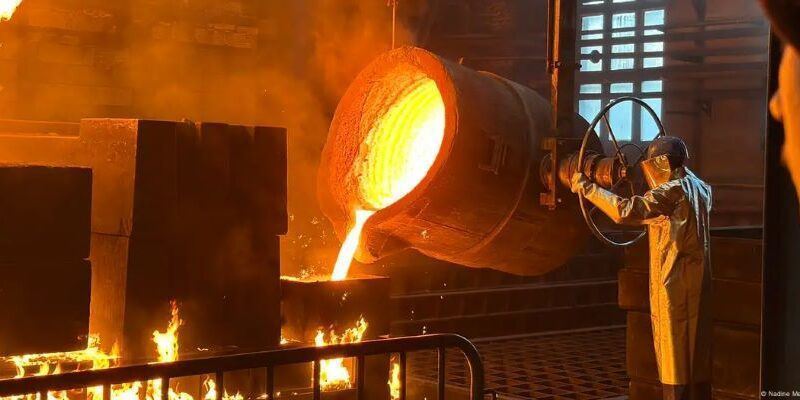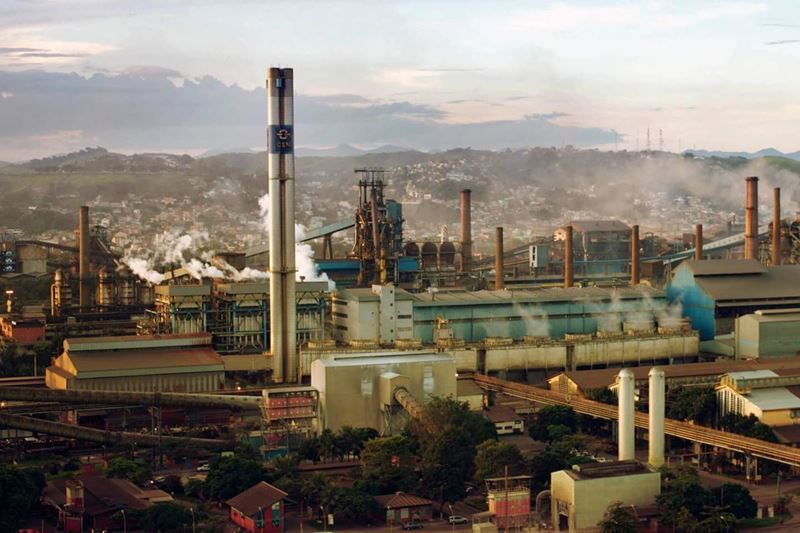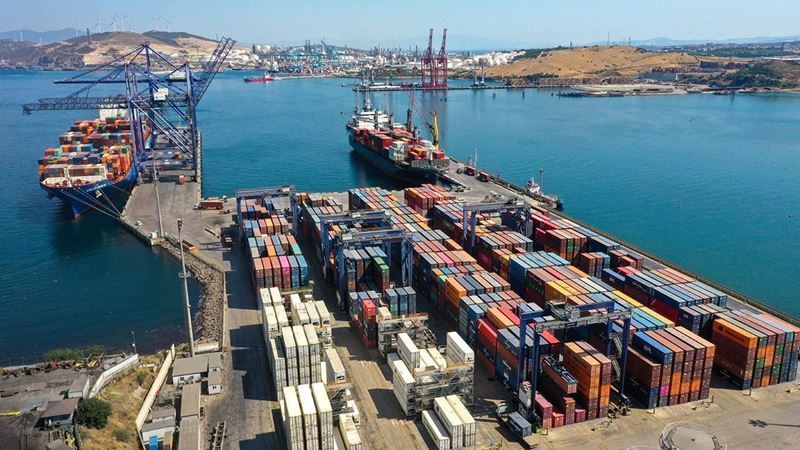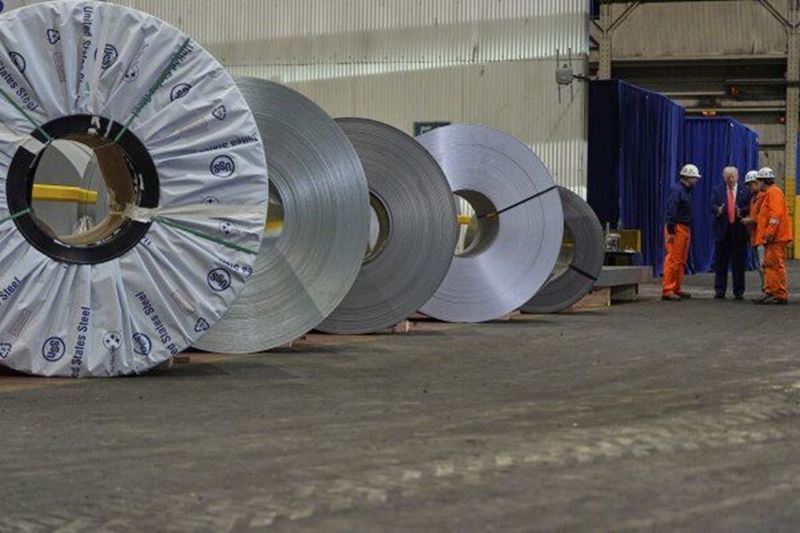The steel and metal processing industry, a backbone of German manufacturing, experienced a challenging start to 2025. Production fell 3.4% year-on-year in the first six months. A temporary 2.4% recovery from May to June was insufficient to offset the decline. Furthermore, the weak order growth seen earlier in the year turned negative again by June.
The German Steel and Metal Processing Association (WSM) described the contraction as a “braking effect” and warned that the current situation could lead to structural erosion in the industry. The association is calling for bold political steps: “It’s time for driving force instead of stagnation – we need a hot autumn filled with courageous political decisions.”
High energy costs and weak infrastructure are bottlenecks
According to WSM, the production decline stems from long-standing structural problems in Germany that require urgent solutions:
-
High energy prices and taxes
-
Heavy bureaucracy and slow permitting processes
-
Insufficient investment incentives
-
Weak infrastructure
These factors seriously hamper the daily operations and future projects of about 5,000 medium-sized companies affiliated with the association. WSM CEO Christian Vietmeyer noted, “We must change these conditions that block the courage needed for innovation, investment, and transformation. Coalition partners need to act together and make overdue decisions.”
Additionally, new U.S. tariffs add further pressure on the sector, posing another obstacle to growth.
Removal of the Gasspeicherumlage is a first step, but not enough
WSM welcomed the removal of the natural gas storage surcharge (Gasspeicherumlage) as a positive development but stressed it alone is not sufficient. Holger Ade, Head of Industry and Energy Policy at WSM, stated: “High grid usage fees must also be lowered. Moreover, a special and affordable industrial electricity tariff should be introduced for all manufacturing companies. Without this, small and medium-sized enterprises cannot switch to energy-dependent transformation technologies.”
No more delays
Christian Vietmeyer emphasized that the industry is ready to invest in sustainable production but needs clear pathways: “There is an urgent need for digitalized and accelerated permit processes. Companies want to invest but require incentives, reliable legal frameworks, and stable conditions.”
WSM’s message is clear: Germany’s industrial production base is under threat. Medium-sized companies now expect swift and effective political actions to maintain competitiveness. The association urges political leaders: “Let’s act together without wasting time on debates. The shared goal must be growth. The time for delays is over.”










Comments
No comment yet.